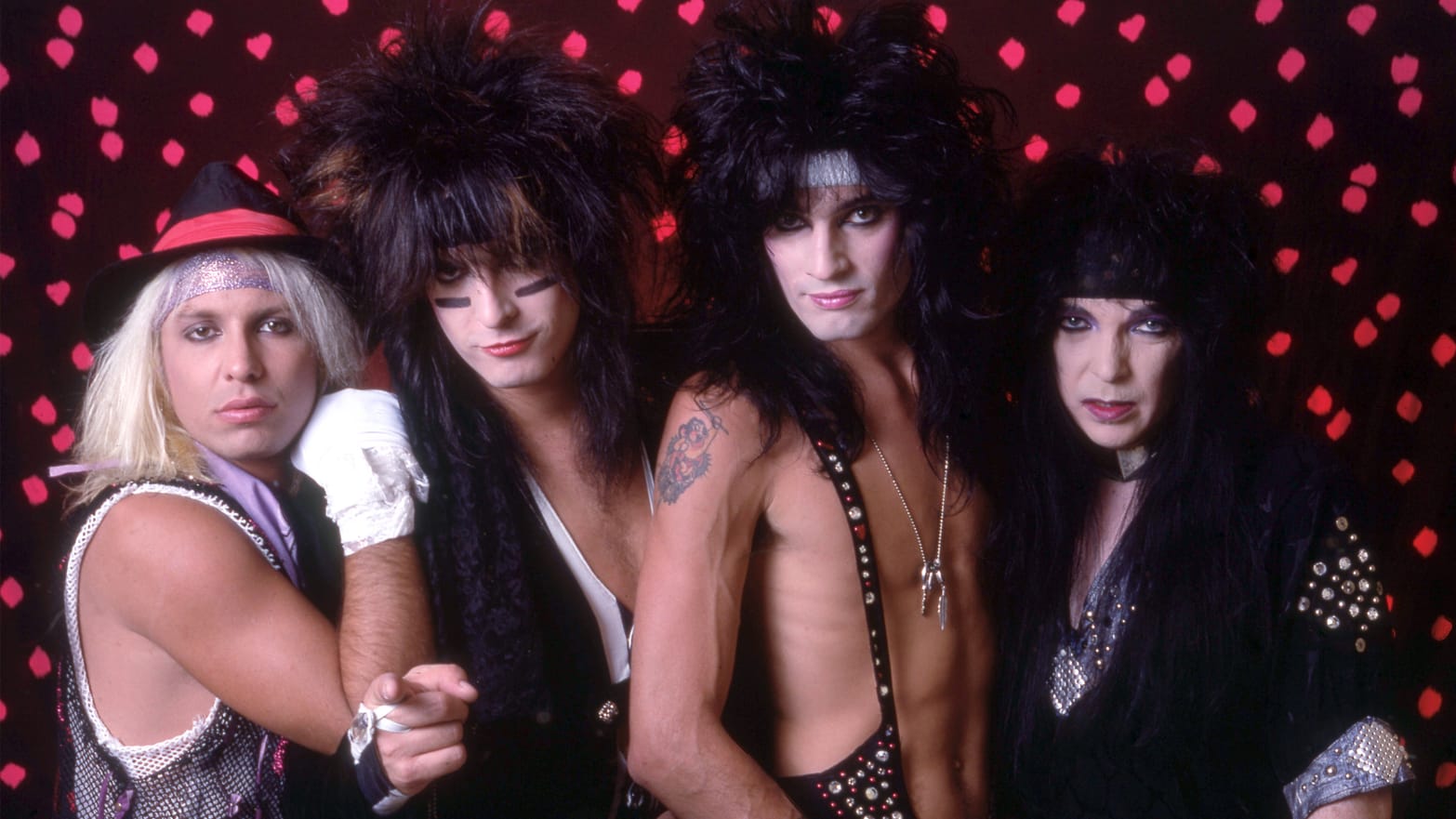The new docuseries “N?thin' But a Good Time” unfurls tales of sex, drugs, and rock and roll from Poison, Motley Crue, Guns N’ Roses, and more.
Nick Schager
Entertainment Critic
Published Sep. 17, 2024 1:25PM EDT
 Ross Marino/Getty Images
Ross Marino/Getty ImagesThe 1980s hair metal scene has already received a definitive documentary account courtesy of Penelope Spheeris’ The Decline of Western Civilization Part II: The Metal Years, and N?thin' But a Good Time: The Uncensored Story of '80s Hair Metal doesn’t outdo it.
Paramount+’s three-part docuseries, which premieres Sept. 17, is a non-fiction power ballad for the era of big hair, tight spandex, and rampant debauchery and depravity, reminiscing with an affection that isn’t, alas, matched by its incisiveness. Light on the decade’s biggest luminaries and even lighter on insight, it merely opts for sketchy nostalgia.
Hair metal was all about excess, so N?thin' But a Good Time (based on the book by journalists Tom Beaujour and Richard Bienstock, who appear) is invariably most entertaining when its talking heads recount anecdotes about their over-the-top heyday.
Manager Doc McGhee discusses Motley Cr?e bassist Nikki Sixx and drummer Tommy Lee’s habit of being “dark angels” who ran around biting people—hard enough to leave lasting marks—or devious kicks. Great White singer Jack Russell (who just passed away) details a narcotics habit that drove him to repeatedly rob his dealer, which led to an incident where he was so high during a stick-up that he got into a fight with the guy’s maid, ultimately shooting her through a bathroom door.
Similar tales of sex, drugs, and mayhem abound, from David Lee Roth hogging the bathroom at L.A.’s Rainbow Room to receive blowjobs, to manager Alan Niven being introduced to Guns N’ Roses guitarist Slash’s enormous pet snake—stories that highlight how these rock gods’ lifestyles were as loud and brash as their music.
Other than these occasional eye-openers, however, N?thin' But a Good Time is a formulaic and shallow affair.
Director Jeff Tremaine (co-creator of Jackass) briefly contextualizes hair metal as a rejection of the New Wave that was all the rage in the late ’70s, and a throwback to the long-haired rock that had preceded it—except this time with more extreme style and showmanship.
More at https://www.thedailybeast.com/obsess...80s-hair-metal









Comment